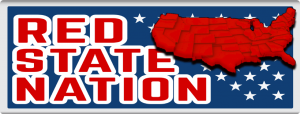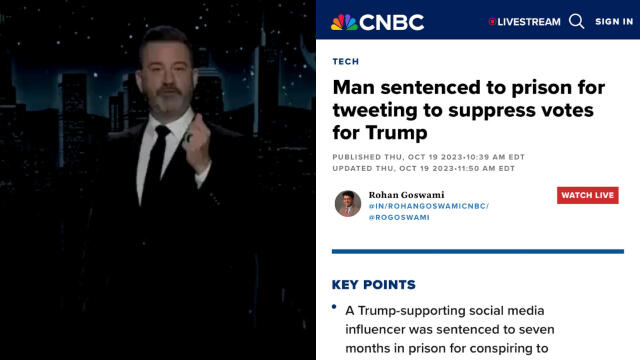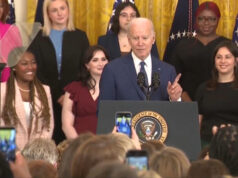During a recent episode of “Jimmy Kimmel Live!”, host Jimmy Kimmel made a statement that has sparked controversy and accusations of election interference. In an attempt at humor, Kimmel suggested to his audience, “If you want to vote Trump, vote late. Vote very late. Do your voting on Thursday, maybe Friday.” This comment was made in the context of urging Kamala Harris voters to vote early or on time, while seemingly encouraging Trump supporters to delay their voting, which could potentially affect election outcomes by impacting voter turnout.
Video below:
This incident has drawn comparisons to the case of Douglass Mackey, a Trump influencer who was sentenced to prison for his role in spreading misinformation about voting during the 2016 election. Mackey posted memes on social media platforms suggesting that Hillary Clinton supporters could vote by text or social media, actions which were interpreted as attempts to mislead voters.

Critics argue that Kimmel’s statement, made on a platform with significant viewership, might similarly mislead or influence voters, albeit in a different manner. Here are some points of discussion:
There’s a debate on how individuals in the public eye should handle such comments. While freedom of speech allows for political humor, public figures or influencers might be held to a different standard, where their words can have real-world impacts on voter behavior or perceptions of election legitimacy.
In summary, while the Trump supporter’s comment was intended humorously, it underscores the delicate balance between political satire and the potential for misunderstanding in an era where election integrity is a highly debated topic. The discussion around such incidents often reflects larger societal tensions regarding what’s acceptable in political discourse, especially online
The controversy surrounding Kimmel’s comments brings to light the broader issue of how political speech, especially when intertwined with humor, navigates the fine line between free expression and potentially influencing electoral processes. It also underscores the polarized views on what constitutes fair play in political discourse during election seasons.







